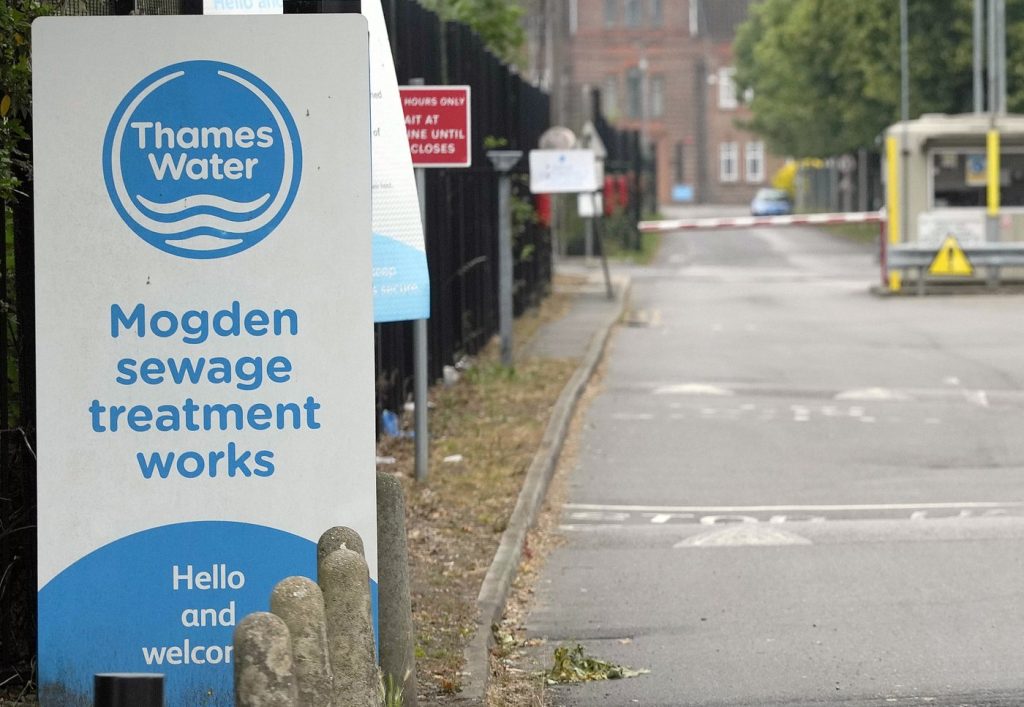LONDON (AP) — In a significant turn of events, British water and sewage utility Thames Water announced on Tuesday that the U.S. investment firm KKR has withdrawn its rescue bid for the financially troubled company. This decision has raised concerns regarding the utility's future as it grapples with a staggering debt of approximately £19 billion ($26 billion).
Thames Water disclosed that KKR, initially viewed as the preferred bidder, has decided against pursuing the acquisition, causing its status in that regard to lapse. In light of this setback, the utility is currently engaged in discussions with "senior creditors" to formulate an alternative plan for raising necessary funds. Arian Montague, chairman of Thames Water, expressed disappointment over KKR's withdrawal but emphasized the company's belief in a sustainable recapitalization to serve the best interests of all stakeholders involved.
The utility, which serves 16 million residents in London and its surrounding areas, is facing the threat of insolvency despite having secured court approval in March 2023 for £3 billion in emergency funding. This funding was critical to preventing the utility from falling into government administration. The failure of KKR's bid raises the likelihood of government intervention in the form of nationalization, at least temporarily, to stabilize the situation.
Environment Secretary Steve Reed indicated that the government is actively "monitoring the situation," although he reassured that Thames Water itself remains stable at present. However, the utility is facing considerable public discontent linked to numerous sewage spills that have polluted lakes, rivers, and beaches. This environmental crisis is occurring concurrently with rising utility bills as Thames Water attempts to modernize its aging infrastructure to meet the challenges posed by climate change and growing population demands.
Adding to the woes, Thames Water was recently fined nearly £123 million ($166 million) for discharging untreated sewage into rivers and streams while still distributing dividends to its shareholders. This has sparked outrage among consumers and politicians alike, who argue that Thames Water’s management has been irresponsible. Critics point out that the utility has prioritized generous dividend payments to investors and high executive salaries at the expense of essential investments in pipelines, pumps, and reservoirs.
In defense, company executives have attributed the issues to regulators, claiming that low pricing structures for too long have deprived the utility of the necessary funds to undertake crucial improvements in infrastructure. The ongoing contention highlights a broader crisis in the water sector, as stakeholders grapple with the balance between financial health and corporate responsibility amid increasing scrutiny over environmental practices.











